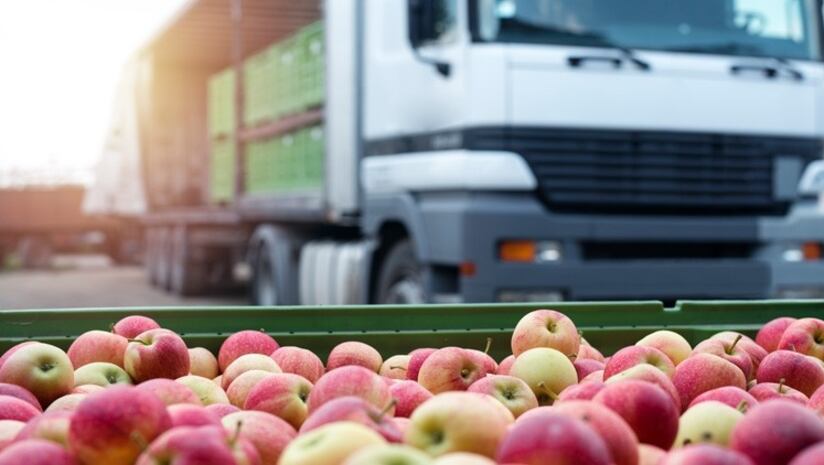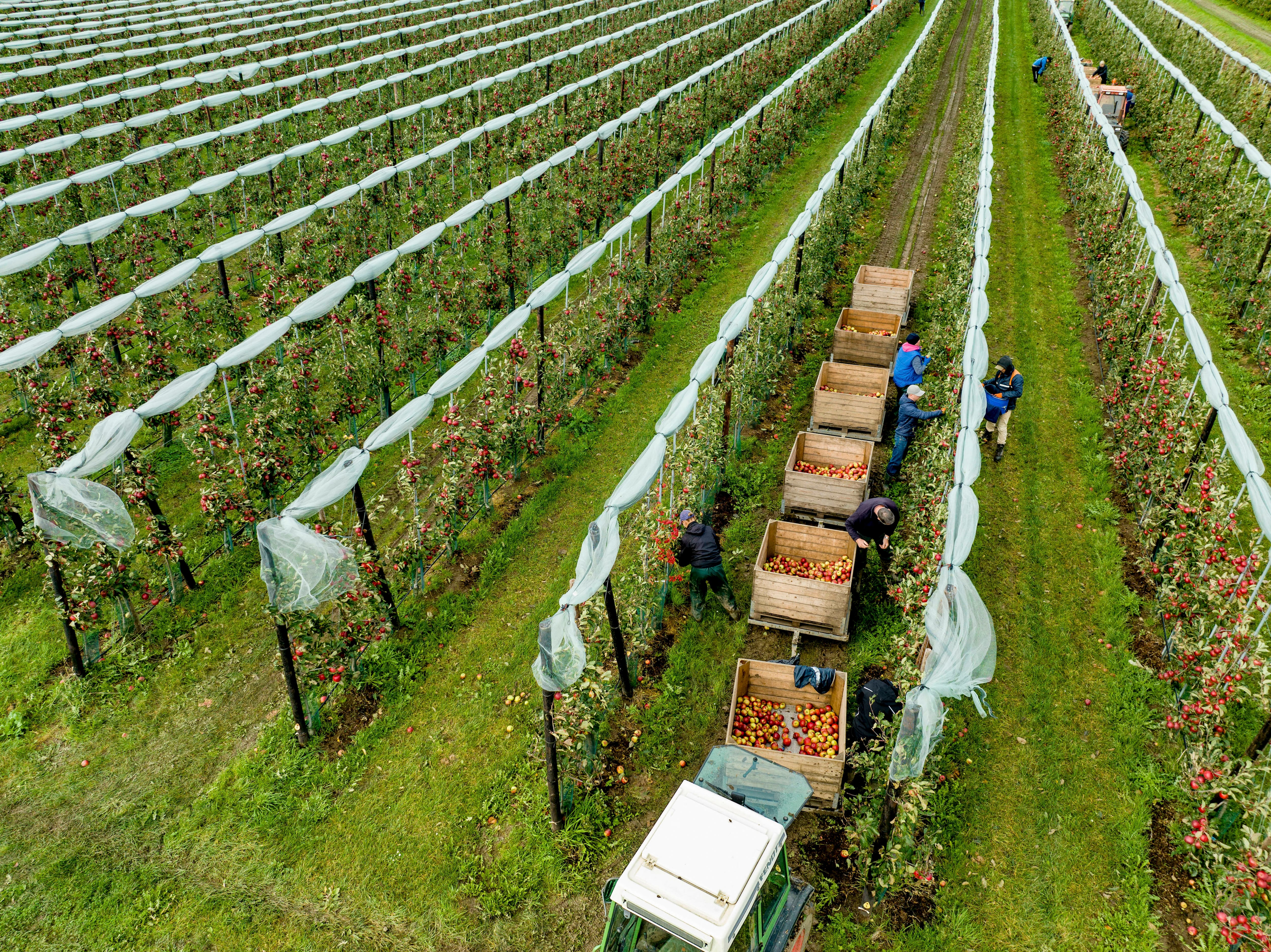Writing in the Telegraph, Freudmann said: “Five years since the UK left the EU, moving food across the narrow is still painfully slow. Brexit bureaucracy continues to add complexity and cost for retailers, and limits choice and value for customers.”
He described the current Brexit rules as not fit for purpose, designed for cross-sea container shops carrying long-life and frozen food and not the fresh goods constantly moving across a relatively short distance such as the Irish sea.
Further, these rules were developed in a pre-digital era and therefore rely on paper documents, physical checks and inspections which creates confusion among its supply chain staff.
Bewildered depot workers
“Today, almost everybody working in our depots is under the age of 50 and has grown up with computers,” Freudmann explained. “New starters at our depots look at us with bewilderment on day one when we have to ask them to pick up a pen and piece of paper to do the job.
“At any time, we can push a couple of buttons on a keyboard and see where every single one of our products is located – whether that’s in a depot, on a lorry, in a store or has just been bought by a customer. Officials are welcome to come and look any time they want.”
While the Windsor Framework had eased movements to Northern Ireland, it has come with huge cost and complexity. Freudmann also highlighted the ‘ridiculousness’ of the labelling requirements that products such as French Brie and Italian parmesan destined for the UK – and made to EU standards – must have ‘Not for EU’ printed on the packaging.
‘No difference in food standards’
“As well as bureaucracy for us, it is extra cost and time for our European suppliers,” he continued. “Which takes us to the nub of the issue: there is no difference in food standards between the UK and the EU, so why do the rules pretend that there is? We are asking the UK Government to work with the EU to stop the ‘Not for EU’ labelling being extended across Great Britain.”
Freudmann welcomed the government’s plan to secure a veterinary agreement with the EU, which he claimed has no discernible downsides, and offered whatever help he could to aid in the negotiations.
“Five years on, it is time to put an end to the Brexit bureaucracy that burdens both UK and Irish businesses,” Freudmann concluded. “My ask of the Government is to move with pace of action, not just words, at a time when the UK’s food businesses and farmers need all the help they can get.”
Meanwhile, post-Brexit border checks are failing to prevent the flow of diseased meat into the UK, according to the head of the Dover Port Health Authority.





